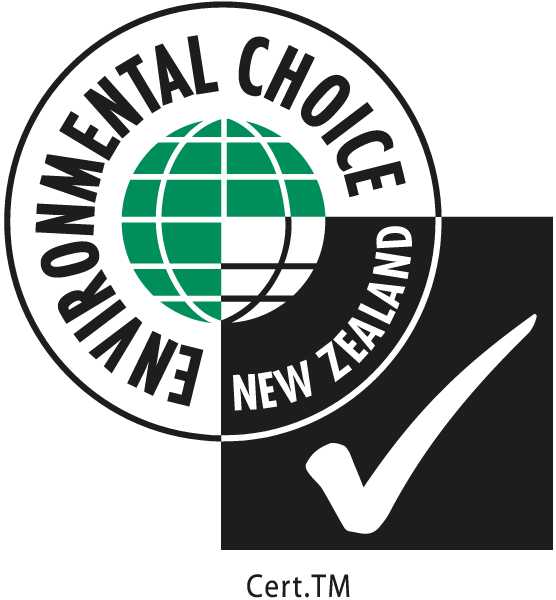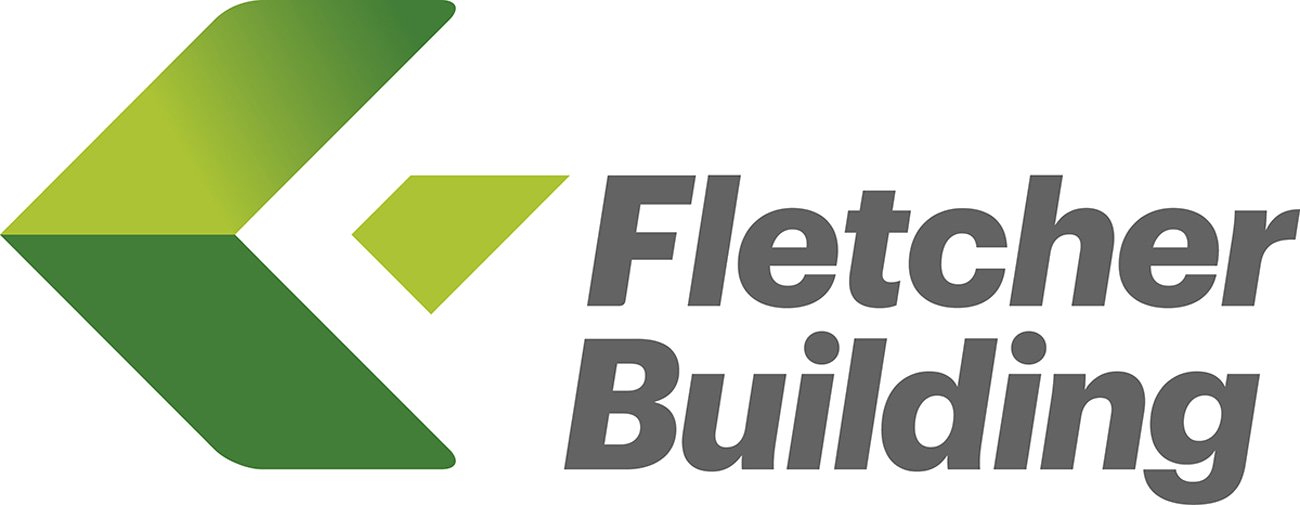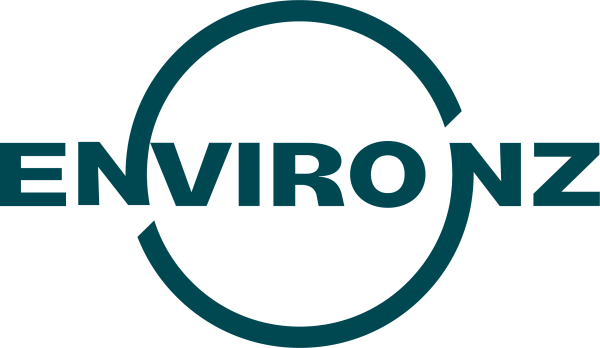While there is still a tremendous amount of work to be done when it comes to sustainability in construction, it is encouraging to see other initiatives and accreditation programmes already underway in New Zealand.
Sustainability accreditations
In the absence of government action on sustainability, private sector sustainability management schemes have sprung up. However, while well-meaning, these have resulted in a number of different rating systems and requirements. And unfortunately, the flow-on effect is fragmentation of the market, a lack of economies of scale, and often perverse outcomes.
The following accreditation programmes apply specifically to building and construction companies. They provide some targets and independent recognition.
This is an independent sustainability rating system for the design, construction and operation of commercial and residential buildings. There’s also a separate rating system for their fitout. It considers energy, water, materials, indoor environment quality, transport, land use and ecology, management, emissions and innovation. The Ministry of Education builds using this system.

ISCA
The Infrastructure Sustainability Council of Australia (ISCA) aims to improve sustainability in infrastructure projects across Australia and New Zealand. It provides infrastructure sustainability rating schemes for the planning, design, construction and operation of assets. ISCA also supports education, knowledge sharing and industry networking. The Central Rail Link project and Auckland Airport have chosen the ISCA scheme to benchmark their sustainability.
This is an international rating system for measuring and managing sustainability in the design and construction of transport infrastructure projects. It’s essentially a set of 61 weighted best practices, or credits, that contribute to a final score when used in a project. There are 12 mandatory credits covering concept and design development and four ‘extra credits’ for creativity and effort. The remaining 45 credits cover environment and water use, construction activities, materials and design, utilities and controls, and access and liveability. On selected high-value state highway projects, NZTA requires contracting project teams to seek Greenroads assessment during detailed design and construction. They also have to have gained certification by the time the project opens.
New Zealand’s official environmental label identifies products and services that are sustainably preferable. This widely-used voluntary scheme includes detailed criteria for ready mixed concrete, precast concrete, concrete products and dry-bagged mortars. Producers must meet the relevant criteria, and continue to do so, in order to use the ECNZ label on their products.

Where to from here?
The above accreditation programmes are certainly a step in the right direction, but there are learnings to be taken for future sustainable developments in the construction sector. Perhaps the government’s Climate Emergency Declaration will have a part to play in consolidating efforts so far, but the action that needs to be taken immediately still remains to be seen.
What those in the construction supply chain can do however is continue to improve their knowledge when it comes to sustainable practices and look to implement them wherever possible.
At Envirocon, we’re leading the push towards sustainable construction through our Product Stewardship of concrete. By diverting unused wet concrete from landfill, and recycling that concrete into interlocking concrete blocks, we’re producing concrete products with significantly less imbedded carbon. These stackable blocks are useful across a wide range of civil, industrial and residential applications, allowing projects to reduce their carbon footprint, while qualifying for Sustainability Accreditations.











